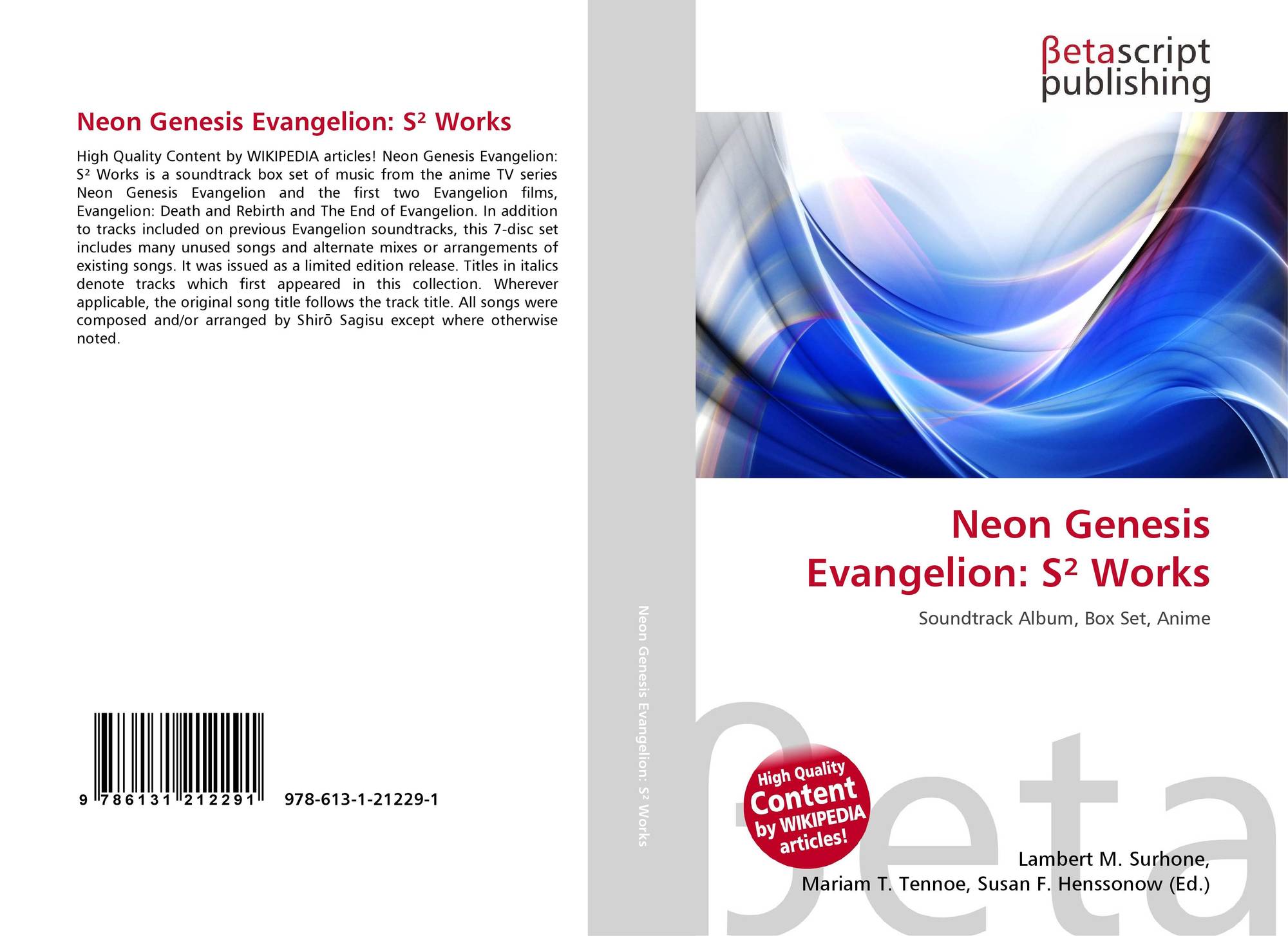


Freder persuades Georgy to exchange clothes with him, go to Freder's apartment, and let Freder work at the machine. After instructing Josaphat to wait for him at his apartment, Freder descends to the workers' underworld again and meets a worker named Georgy, #11811. Outside Fredersen's office, Freder thwarts Josaphat's suicide and persuades him to help with his quest to help the workers. Because he has not heard both of these bits of news from Josaphat, his clerk, Fredersen fires him, and also orders a spy (credited as the "Thin Man") to tail his son. Grot, foreman of the Heart Machine, arrives to inform Fredersen of several mysterious maps which have been found in workers' pockets. There, he confronts his father about the workers' plight and the accident at the M-Machine. In the smoke, Freder envisages the M-Machine as Moloch, a monstrous deity to which the hapless workers are sacrificed.įreder returns to the New Tower of Babel, a massive skyscraper owned by his father. He is appalled when an enormous machine, the M-Machine, violently explodes, killing dozens of workers. There, he sees the horrors of the workers' lives. She is quickly shooed away, but Freder becomes infatuated with her and follows her down to the workers' underworld. One day, as Freder is cavorting in the Eternal Gardens, he sees a beautiful girl who has with her a group of workers' children. Fredersen's son, Freder, lives a life of luxury as do all the sons of the manager class. The city was founded and built by the autocratic Joh Fredersen. The "managers" live in luxurious skyscrapers and the workers live and toil underground. In the futuristic mega-city Metropolis, society is divided into two classes. This version was also shown in New York at the Ziegfeld Theater in the last two weeks of October 2010.
#METROPOLIS ANIME SOUNDTRACK TV#
The event of the Friedrichstadtpalast was shown live on a screen at the Brandenburg Gate as well as on TV on ARTE. After a long period of restoration in Germany, the restored film was shown publicly for the first time simultaneously at Berlin and Frankfurt on February 12, 2010. In 2008, a copy of the film 30 minutes longer than any other known surviving copy was located in Argentina. A 2001 reconstruction of Metropolis, shown at the Berlin Film Festival, was inscribed on UNESCO’s Memory of the World Register in that same year. There have been several efforts to restore it, as well as discoveries of previously lost footage. Metropolis was cut substantially after its German premiere, and much footage was lost over the passage of successive decades.

The most expensive silent film ever made, it cost approximately 5 million Reichsmark, or approximately $200 million when adjusted for inflation. The film was produced in the Babelsberg Studios by Universum Film A.G. Produced in Germany during a stable period of the Weimar Republic, Metropolis is set in a futuristic urban dystopia and makes use of this context to explore the social crisis between workers and owners inherent in capitalism, as expressed by Karl Marx and Friedrich Engels.

Metropolis is a 1927 German expressionist film in the science-fiction genre directed by Fritz Lang.


 0 kommentar(er)
0 kommentar(er)
